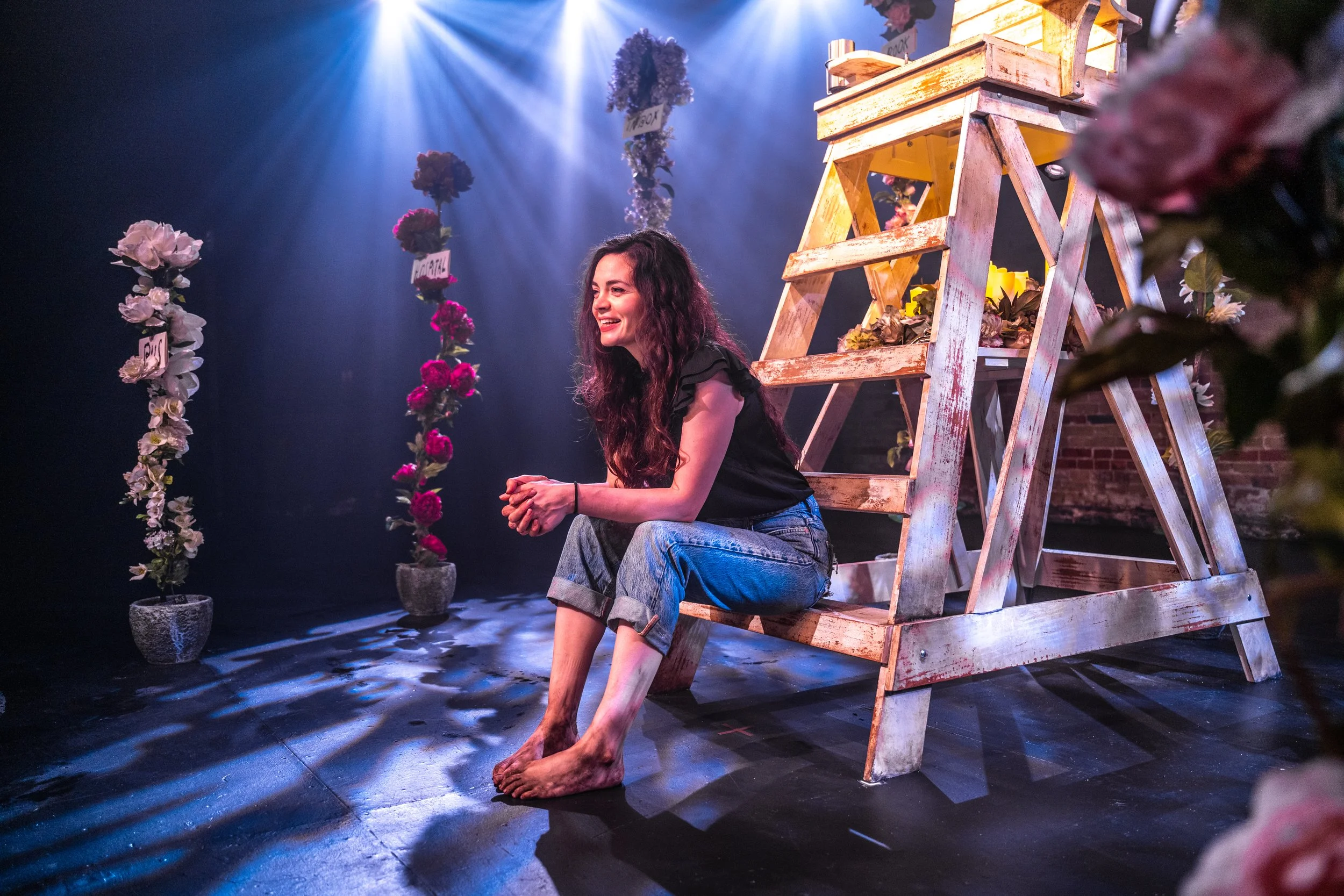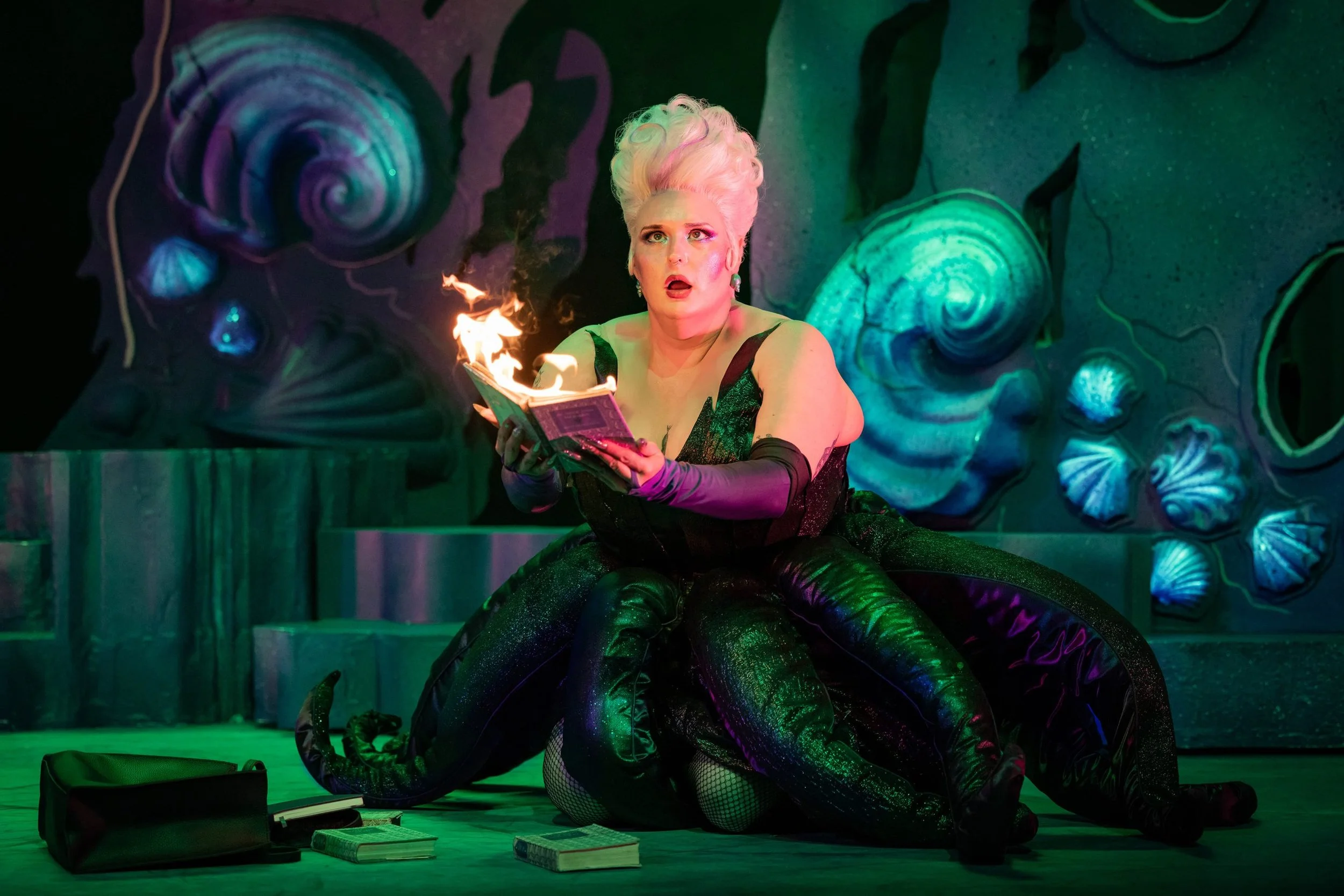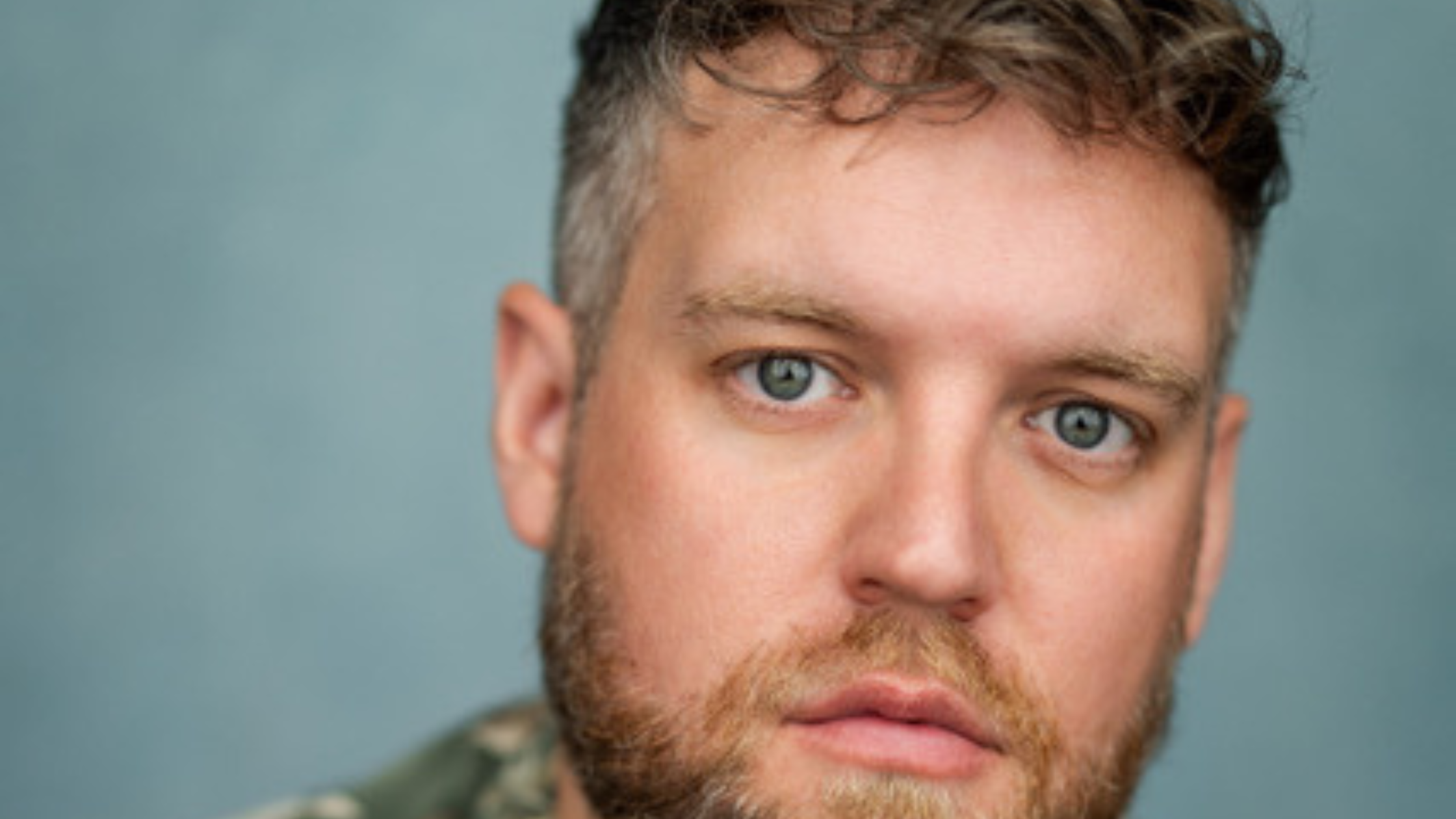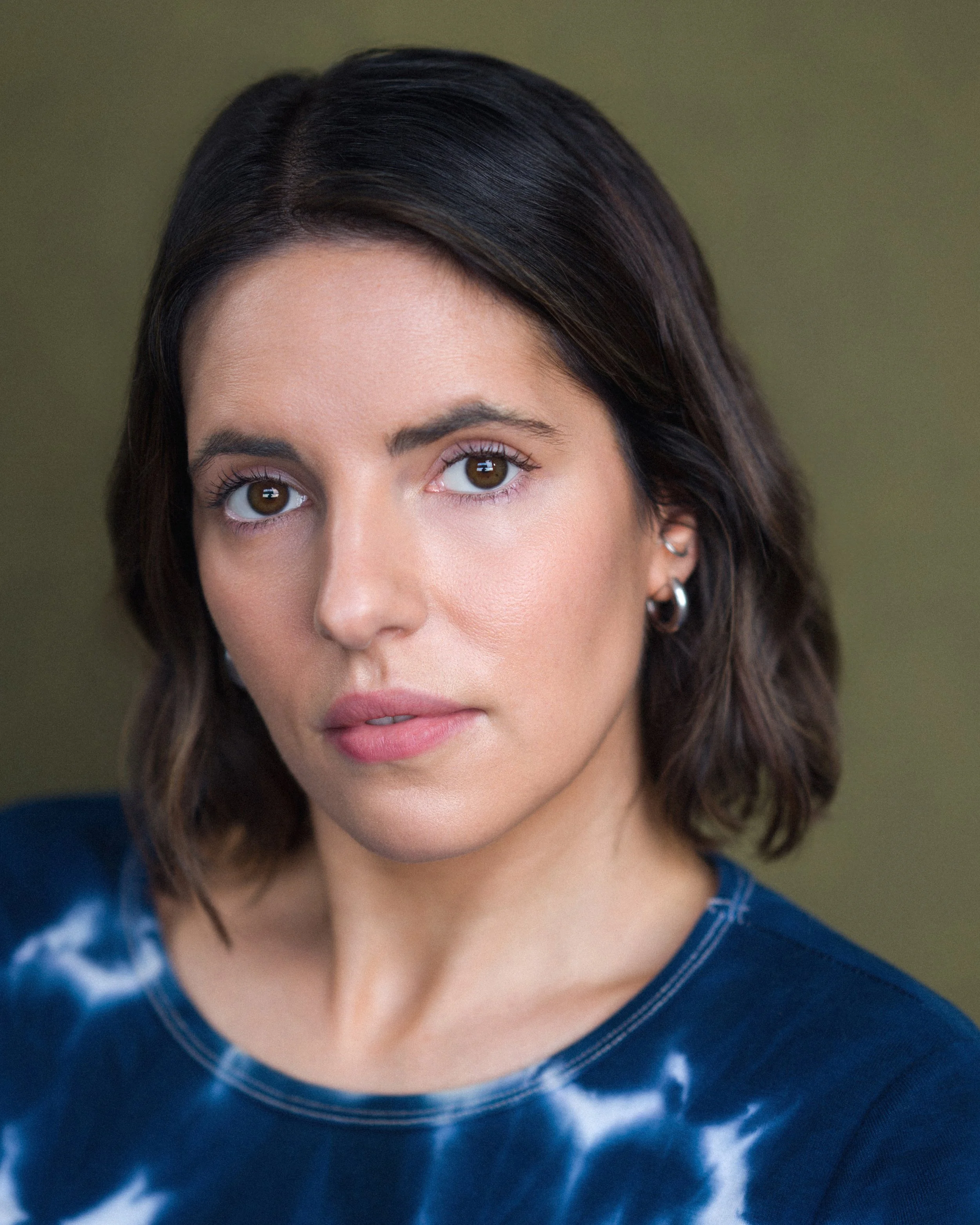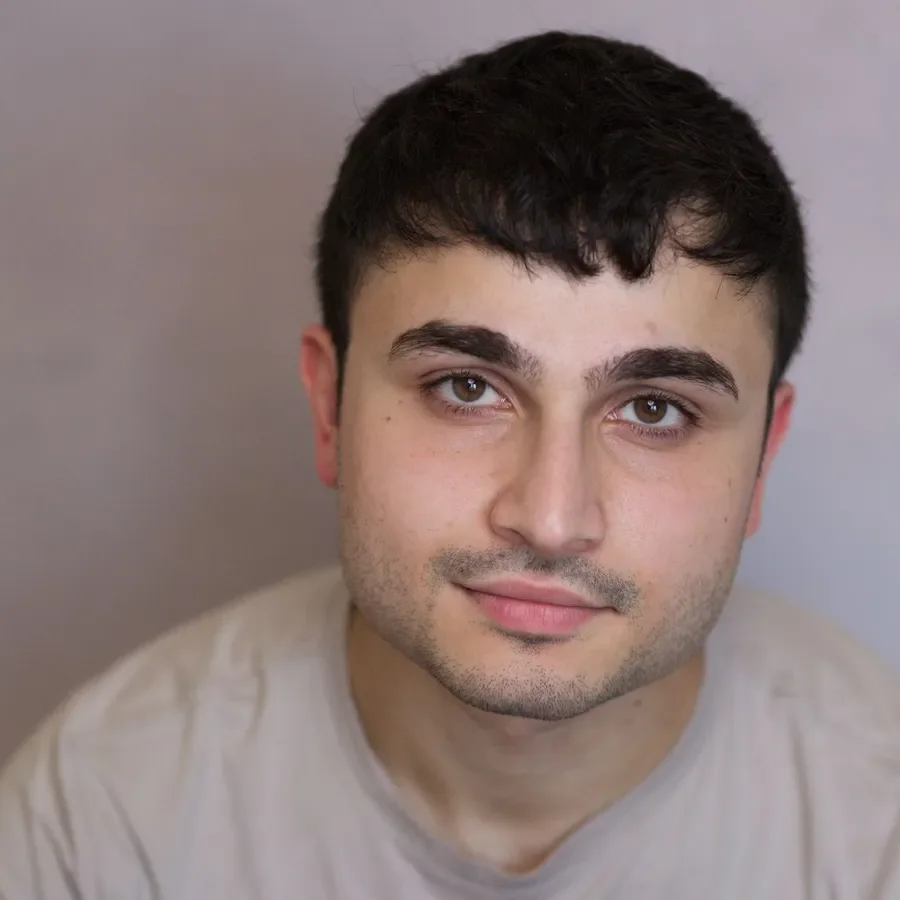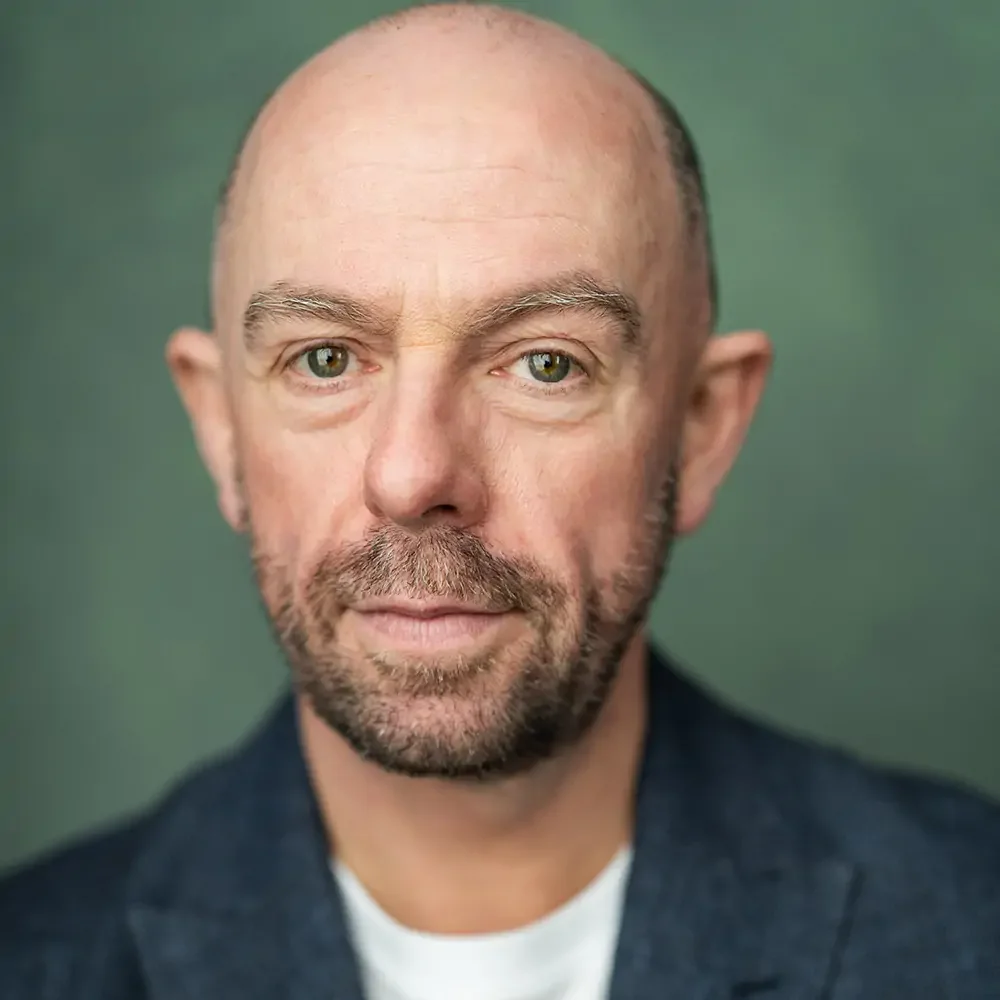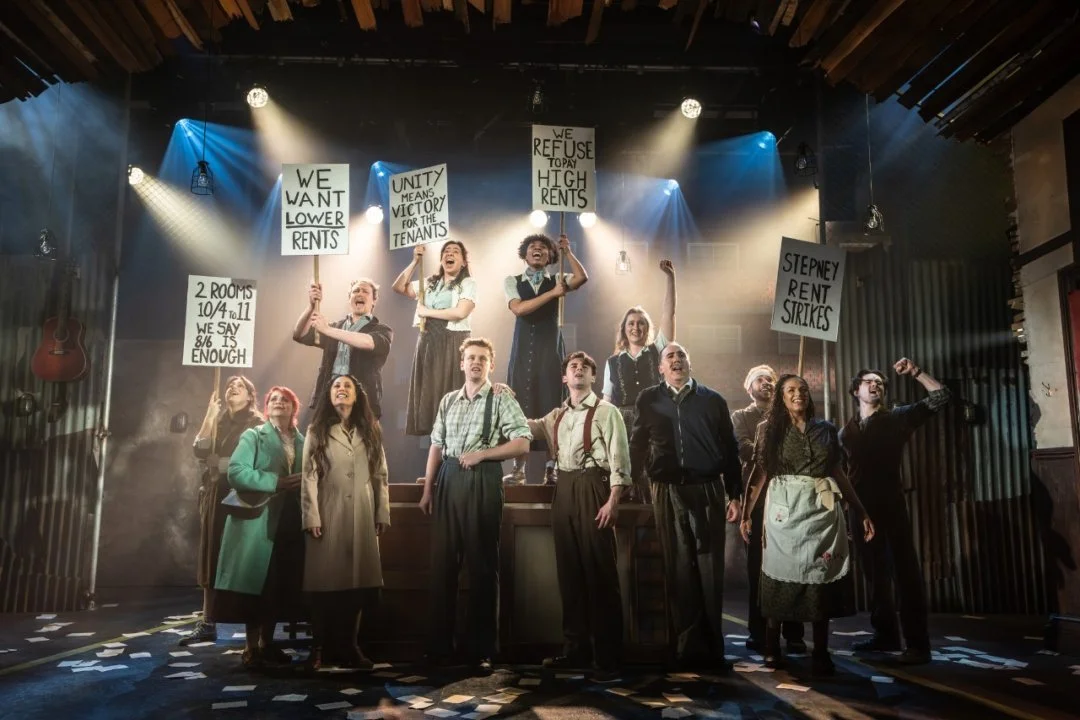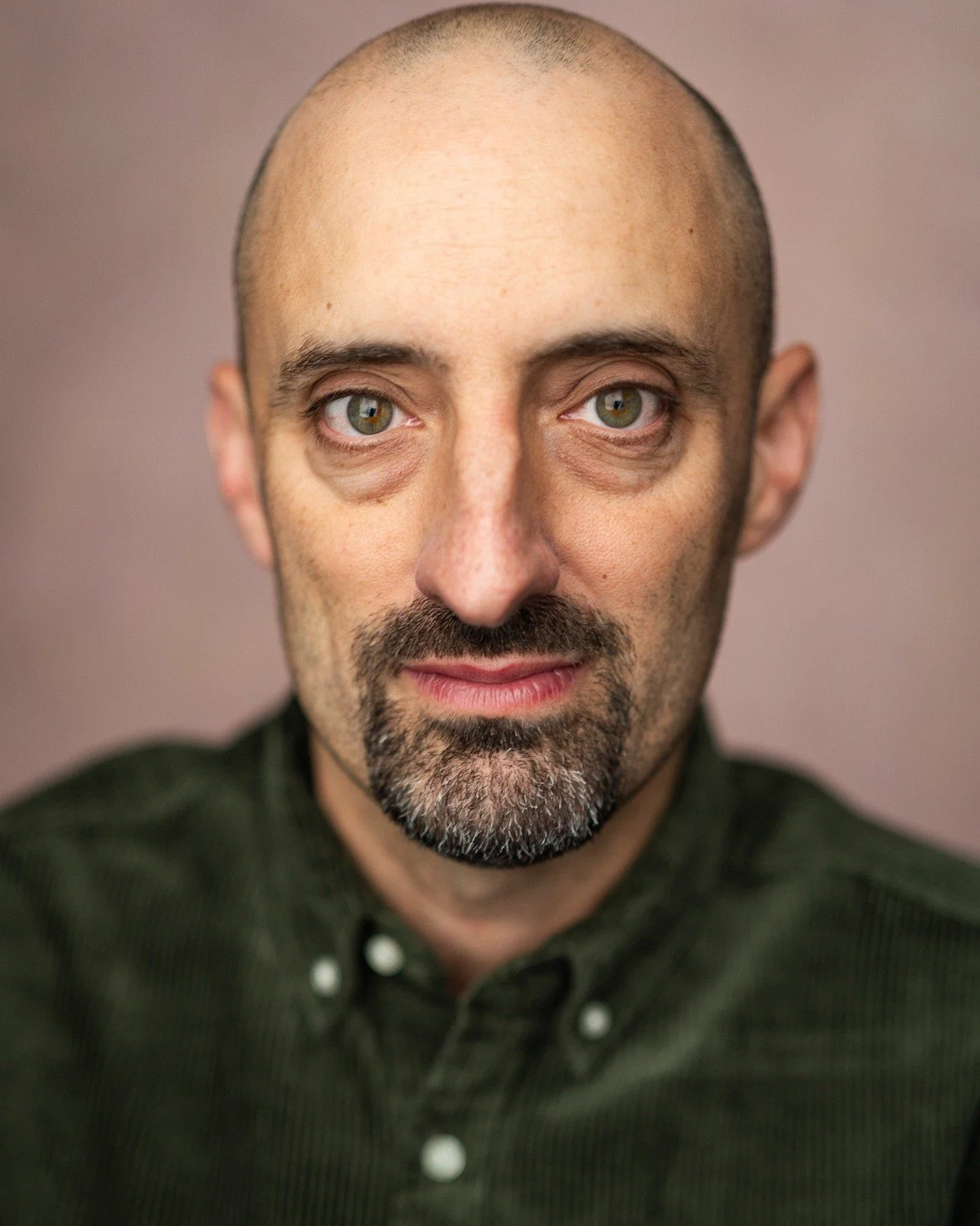Interview with Beth Watson, Neurodivergent Writer and Performer
Credit: Holly Revell
Beth Watson is a writer, performer, and host of Queer Diary open mic events (the night where LGBTQIA+ adults read REAL teenage diaries live on stage). Beth’s comedy show Hasbian is about growing up queer in Brighton (the UK’s Gay Capital) during Section 28 (the 1988-2003 law banning teaching about homosexuality) and is based on - you guessed it - Beth’s REAL teenage diaries.
We caught up with Beth ahead of the biggest Queer Diary event so far (Queer Diary: School Disco, at Rich MIx on May 31), and Hasbian at Omnibus Theatre from June 25-29.
Can you tell me about your journey into the industry - what inspired you?
As a kid, I didn’t have imaginary friends: I had alter egos. A series of personas I’d move in and out of, according to how I was feeling, or the situation.
Some of my personas were existing characters (as I learned to speak, I called myself ‘Dorfy’ - before “me” because I thought I WAS Dorothy in The Wizard of Oz). Other personas were made-up (my parents remind me of ‘Pooey Julie’ - a Dennis The Menace-ish naughty kid, who bit the heads off all the flowers in the garden).
As an adult I have little choice but to channel the instinct teachers called ‘acting-out’ into an outlet called ‘performing’.
Can you tell our readers about your neurodiversity needs and how it impacts on your everyday life?
Sorry, I just filled out a long form about this for the DWP, and can’t be arsed to repeat it.
You’re working on a show with integrated audience access, can you talk about why that’s important to your work?
I’m always angry at commercial and NPO theatres doing the bare legal minimum (sometimes not even) to be accessible. I could rant all day about things like sur-titles helping Anglophone audiences understand Italian Operas, whilst West End musicals run for MONTHS without a single captioned performance
But the work in those spaces isn’t the work I see most, and it’s definitely not my show!
Far from a shiny West End musical, Hasbian originates from reading my teenage diary at a fun open-mic event called ‘Dear Diary’. I got a kick out of doing those nights, and pals started egging me on: “I dare you to read it at a comedy show!”, “I know this storytelling event…”, “how about this theatre’s scratch night?” … and the rest is history!
(Well, not quite history - Hasbian is on at Omnibus Theatre from June 25-29, and I also host regular Queer Diary open mic nights where other LGBTQIA+ people share their teenage diaries on stage)
When I was developing my diary-reading from a silly ‘bit’ I did to make my friends laugh, into a show, one of my first questions was “how to make it accessible?”.
I thought of the intimate theatre, comedy, and cabaret settings where Hasbian had been born, and the artists I’d seen making brilliant work creatively integrating access on small but mighty fringe stages.
I remembered Edalia Day, whose show Too Pretty To Punch lit up every neuron of my divergent brain when I saw it in a tiny room at Edinburgh Fringe. Using animated projections throughout, she combined storytelling, poetry and song with dynamic ever-moving images - and captioned the whole thing, so I didn’t miss a word.
I recalled Koko Brown’s Grey at Ovalhouse - a 2-person show performed with Sapphire Joy - whose BSL performance added not just accessibility but emotional depth and further layers of physicality to Koko’s trademark spoken-word and sound-looping. The combination of their different energies and languages on stage was the perfect medium through which to explore the multi-levelled complexity of that show’s themes - as well as making it more accessible.
And I thought of Quiplash UK’s Amelia Cavallo performing at queer cabaret nights as Tito Bone: “your average blind, non-binary, bisexual drag king” whose acts feature hilariously integrated Audio Description, which not only ensures blind and visually impaired audiences are included, but that everyone’s in on their (legendary) jokes. It was the first time I’d seen AD integrated, instead of delivered via a headset.
I’m privileged to now share a company (Queer Diary CIC) with a brilliant creative producer (Josephine Shipp) who shares my commitment to affordability and accessibility for audiences and artists. Josie’s worked with me since 2021 to secure the Arts Council funding we needed to collaborate with Quiplash, Koko, Edalia (and many more amazing artists!) on Hasbian, to create a show with creatively integrated Audio Description and Captioning throughout - to consistently remove barriers to every performance of Hasbian (not just as a one-off).
There are huge barriers for neurodivergent people in the industry - what are the biggest challenges you witness that don't seem to get enough attention?
Neurodivergent people joke about various “taxes” we pay - when we lose things, break things, reprint mis-spellled flyers, take time out when we can’t work, etc. But it’s not even a tax! Imagine if it was: If every time I had to pay extra, the cost went towards improving other people’s lives? Maybe I’d feel better about leaving my “eco” water bottles behind on so many buses, if I thought they’d be used to make electric buses, or something instead of going into landfill!
We joke about it, but covering costs, spending extra time, missing out on work, and the financially precarious position that can all add up to (especially when other pay-gaps come into play), is a barrier for neurodivergent people in ANY industry, let alone a sector that’s so notoriously underpaid.
Money is an overwhelming elephant in the room when it comes to access/inclusion in the arts. The lack of money is a huge barrier which doesn’t get enough attention.
Have you seen any examples of where the industry is getting better at integrating neurodivergent people into their organisations or work?
Change doesn’t come from ‘industry’ it comes from people groups, and (often tiny grassroots) organisations working together, to challenge commercially-driven systems and structures that make art look like an ‘industry’ - rather than a ‘sector’ (like education, or healthcare).
My best neurodiverse experiences have all been when working with peer-collaborators and disabled and neurodivergent-led companies, where access & inclusion isn’t an add-on, but a reason the organisation exists.
I don’t think things are improving for everyone: The fact that funding’s dried up and pay has frozen is causing an exodus of arts workers, because it’s not viable.
Listening and learning can only go so far if we don’t get (and share!!!) the resources to actually change things.
Why is it important that theatres and the industry as a whole becomes more inclusive?
There aren’t enough words to answer this question.
For anyone reading this who wants to pursue a career in the industry. What advice would you give them?
Wear sunscreen: you never know when you might end up playing a 14-year-old version of yourself, as your 30s gallop along at an alarming pace.
Lean into your odd obsessions: our weirdest interests are what make us interesting.
Include ONLY your tried-and-tested, on-repeat-forever favourite songs in your show, so you never get sick of them.
Give the Stage Manager some earplugs if you expect them listen to B*Witched every night.
Never underestimate how long it can take to get a show on stage (if you’re making sure everyone is paid).
Don’t do unpaid work.
‘Passion’ projects start when you’re having fun. When I started reading my diary on stage it was PURELY for a laugh, I never imagined it’d inspire an ACE funded show (lol). When it becomes work - with enough deadlines, responsibilities, and other team-members that you need to start making spreadsheets - figure out how everyone can be paid.
If you’re contributing to someone else’s ‘passion’ project, make sure you get paid.
If you DON’T feel exploited by an un/derpaid job, or (lucky you) don’t NEED money, ask yourself: if every creative was offered this “opportunity” - could they afford to say “yes”?
If you think others may refuse, because it’s work but doesn’t pay, ask yourself: If I take this, am I contributing to a culture of artists working for “exposure”? Is this feeding inequality?
Join a union.
If you join Spotlight: disabled members get 50% off.
Disabled freelancers can apply for Access To Work: Government funding for support workers, equipment, or technology to enable you to do your job.
Unless you have a trust fund, seek a flexible job that pays Living Wage (minimum).
2% of theatre freelancers make all their money from creative freelancing - including those who’ve been doing it for decades (I’ve worked 18+ years in FOH, and other things like tour guiding, and workshop facilitation).
Tell people at parties about your non-performing jobs: they’re less likely to ask if you’ve thought of being in Eastenders.
Join a union that can represent you in your non-performing jobs too.
I started feeling better about my life when I stopped believing some of my work was “just until I’ve MADE IT as an artist”.
(I said feeling better - not blissfully content).
But trust me, on the sunscreen.


